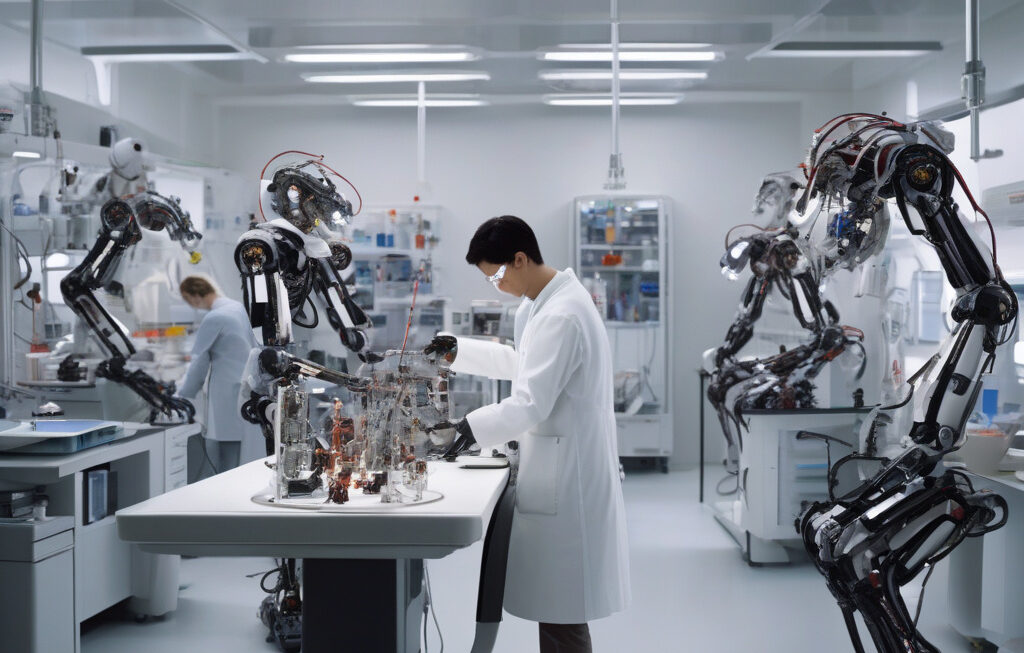Robot Team Captures Russian Soldiers in World-First Unmanned Assault: Ukraine Claims
In an important development in robotic warfare, Ukrainian assault forces have executed what they claim to be a world-first unmanned assault, where a robot team successfully captured Russian soldiers. This unprecedented event marks a significant milestone in the realm of military technology and raises crucial questions about the future of warfare and the role of autonomous systems in combat.
The incident, which took place in the war-torn region of eastern Ukraine, showcases the growing capabilities of unmanned technologies in modern warfare. According to Ukrainian military officials, a team of advanced robots was deployed to carry out a covert operation behind enemy lines. These robots, equipped with sophisticated AI algorithms and cutting-edge weaponry, managed to outmaneuver and apprehend a group of Russian soldiers without any human intervention.
The successful execution of this unmanned assault demonstrates the immense potential of robotic systems in enhancing military operations. By leveraging autonomous technologies, armed forces can minimize the risks to human soldiers while maximizing the effectiveness and precision of their missions. The use of robots in combat not only offers strategic advantages but also opens up new possibilities for conducting operations in challenging environments where human presence may be limited or too dangerous.
However, the deployment of autonomous systems in warfare also raises ethical and legal concerns that must be carefully addressed. The use of robots to capture enemy combatants blurs the lines between traditional rules of engagement and raises questions about the humane treatment of prisoners during conflict. As the international community grapples with the implications of unmanned warfare, it is crucial to establish clear guidelines and regulations to govern the use of autonomous systems on the battlefield.
Furthermore, the success of the Ukrainian robot team highlights the growing importance of investing in research and development in the field of robotics and artificial intelligence. As countries around the world race to enhance their military capabilities, advancements in autonomous technologies are becoming a key priority for defense agencies. The ability to deploy sophisticated robot teams capable of independent decision-making and coordinated actions could redefine the balance of power in future conflicts.
The world is witnessing a paradigm shift in the nature of warfare, where robots and AI-driven systems are playing an increasingly prominent role on the battlefield. The Ukrainian assault forces’ recent achievement serves as a stark reminder of the rapid evolution of military technology and the need for nations to adapt to this new reality. As autonomous systems continue to advance, the strategic landscape of global security is likely to undergo profound transformations, shaping the future of defense and conflict resolution.
In conclusion, the robot team’s successful capture of Russian soldiers in Ukraine represents a groundbreaking moment in the history of warfare. This unprecedented feat underscores the transformative potential of autonomous technologies in revolutionizing military operations and reshaping the dynamics of modern conflict. As the world grapples with the implications of unmanned warfare, it is imperative for policymakers, military leaders, and technology experts to collaborate in navigating the ethical, legal, and strategic challenges posed by the rise of robots on the battlefield.
robot, team, Ukrainian, warfare, autonomous












